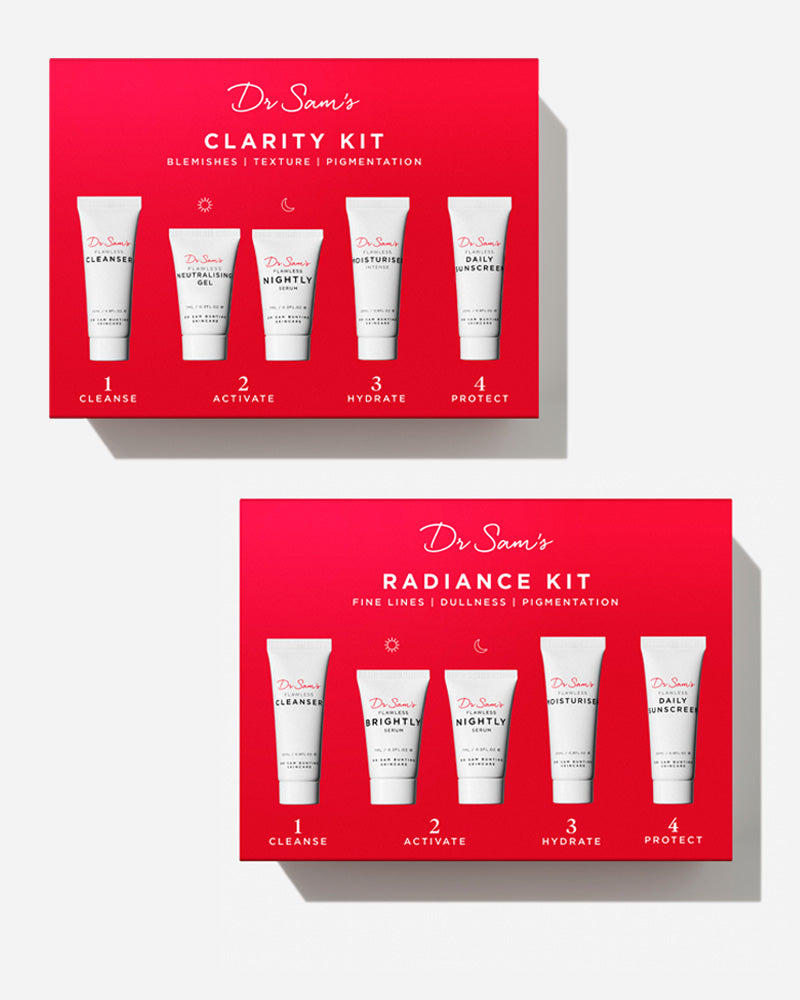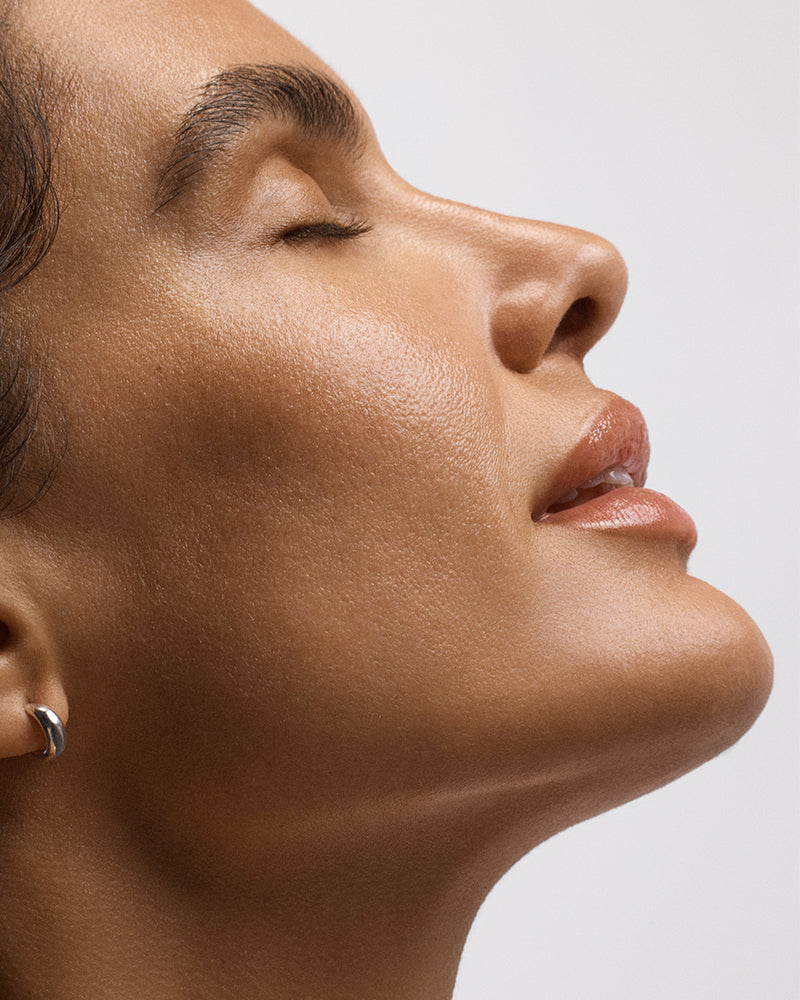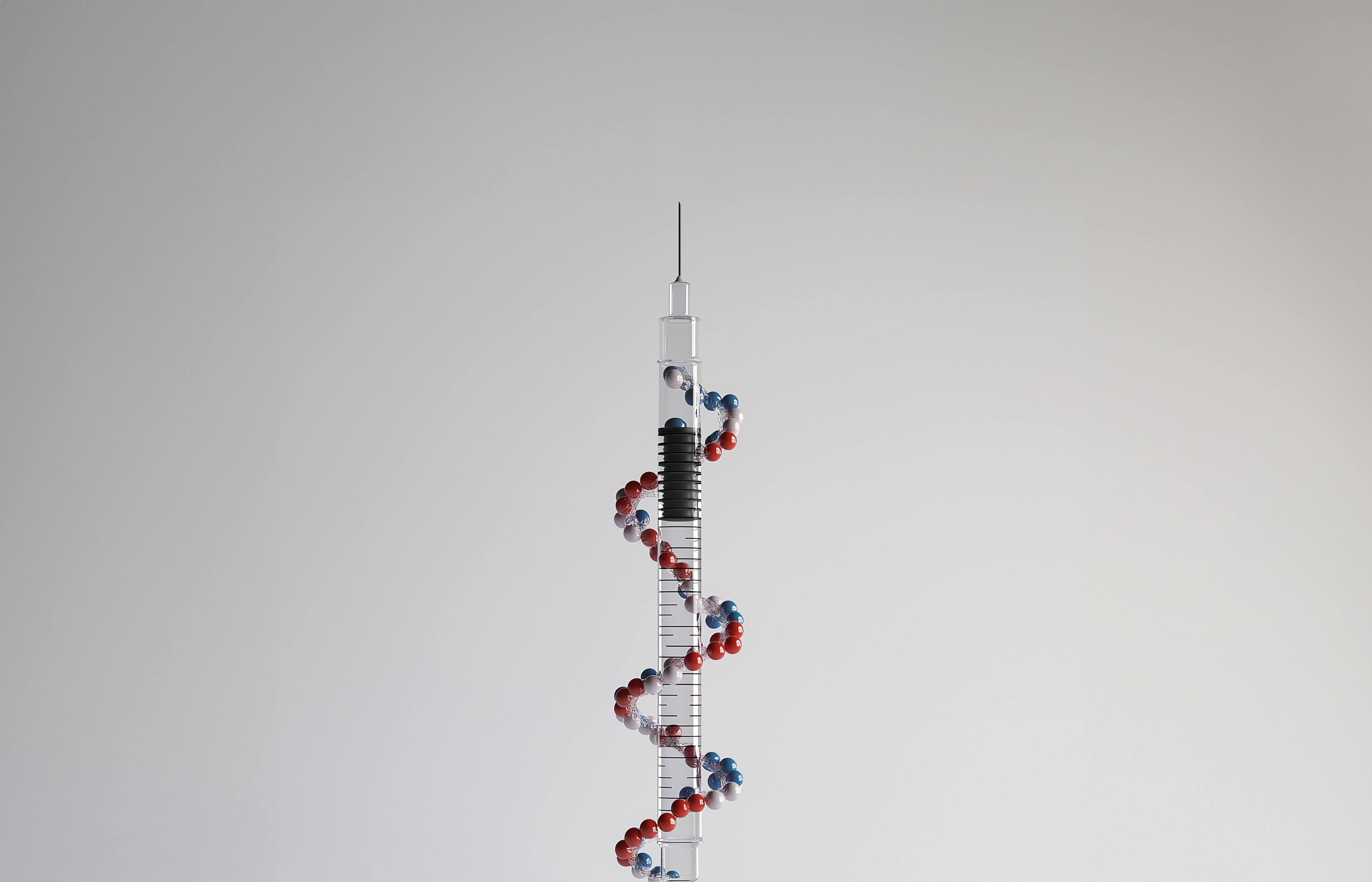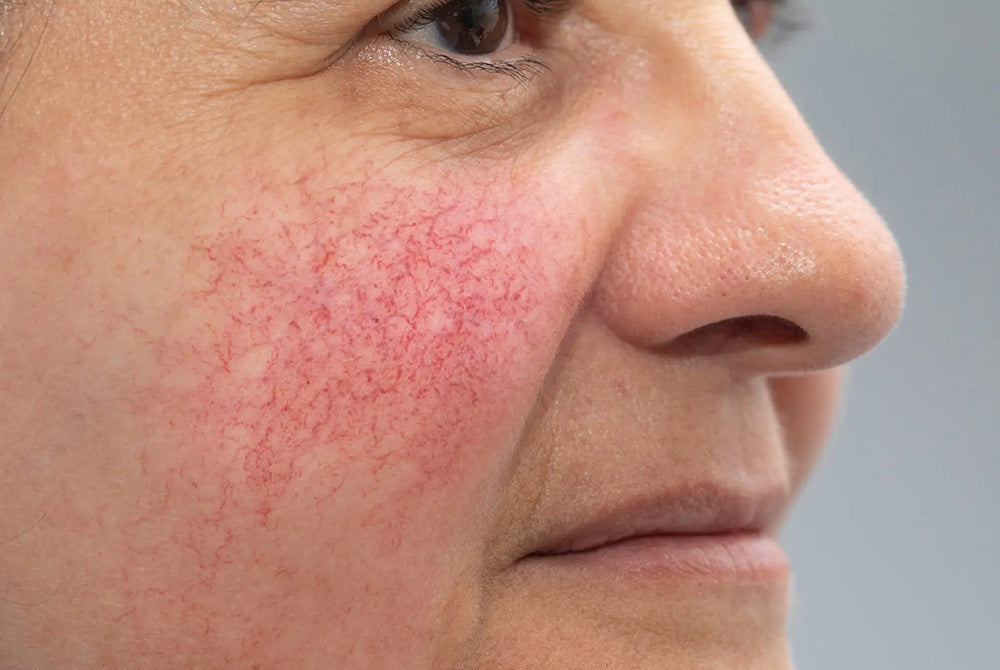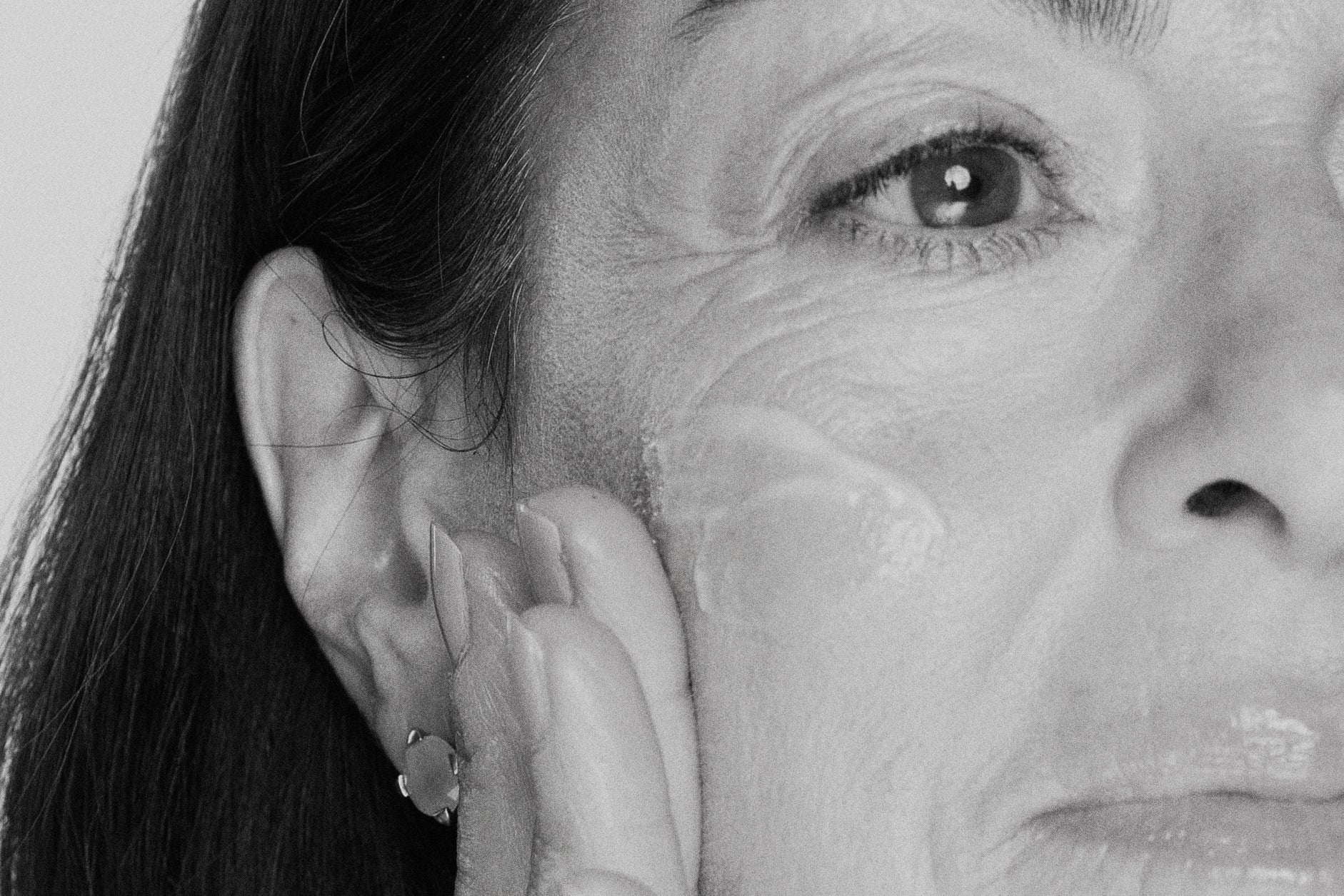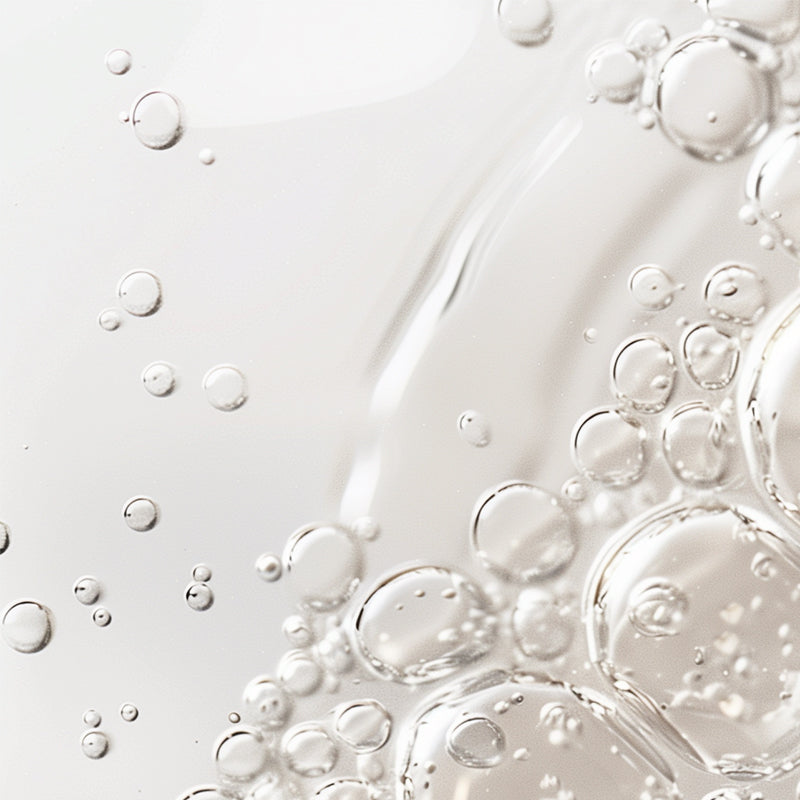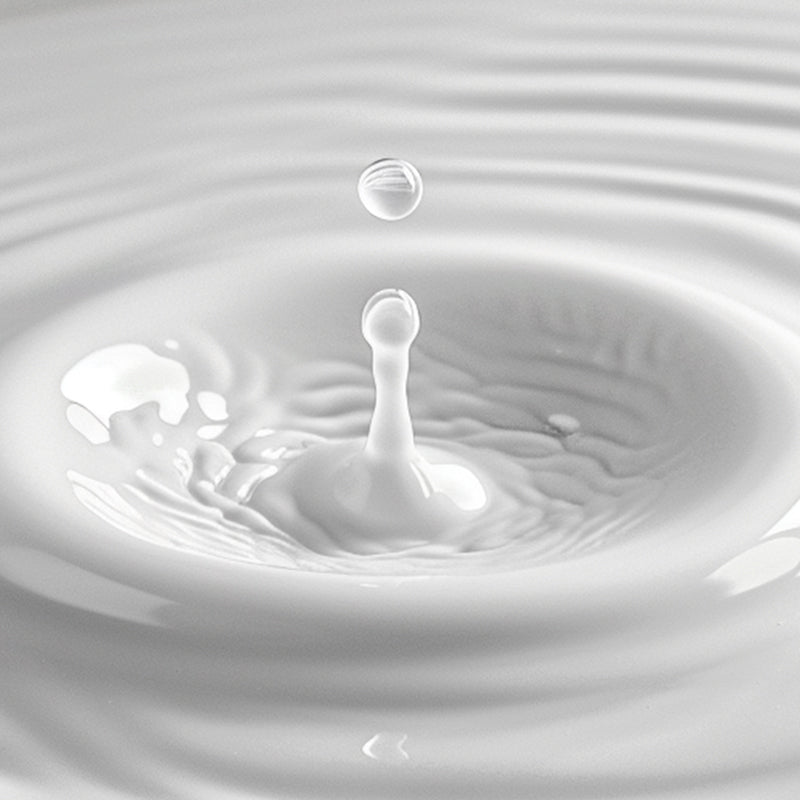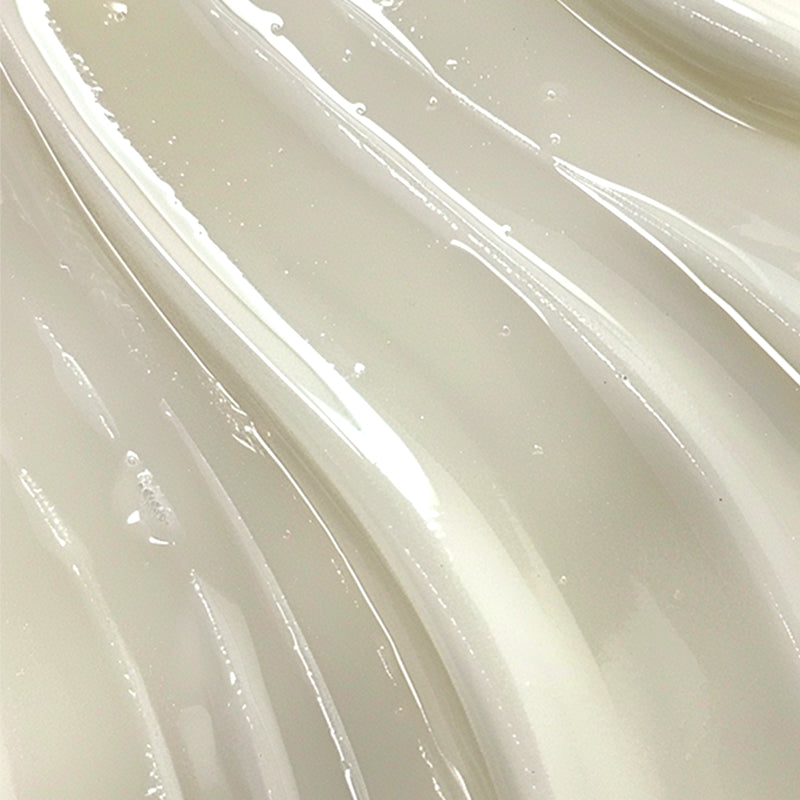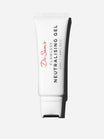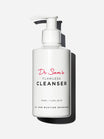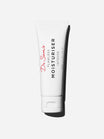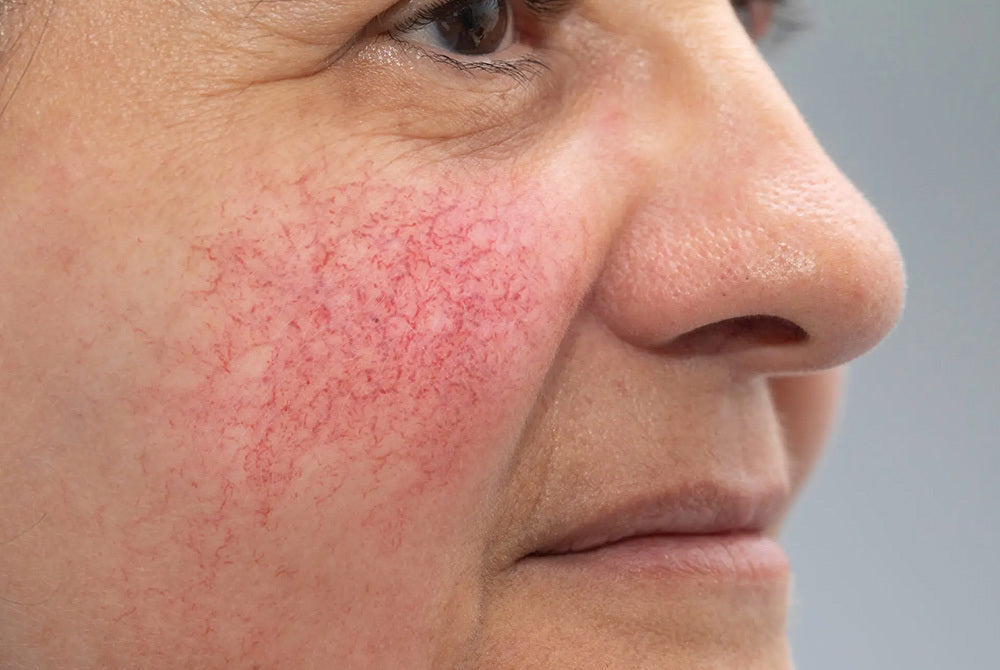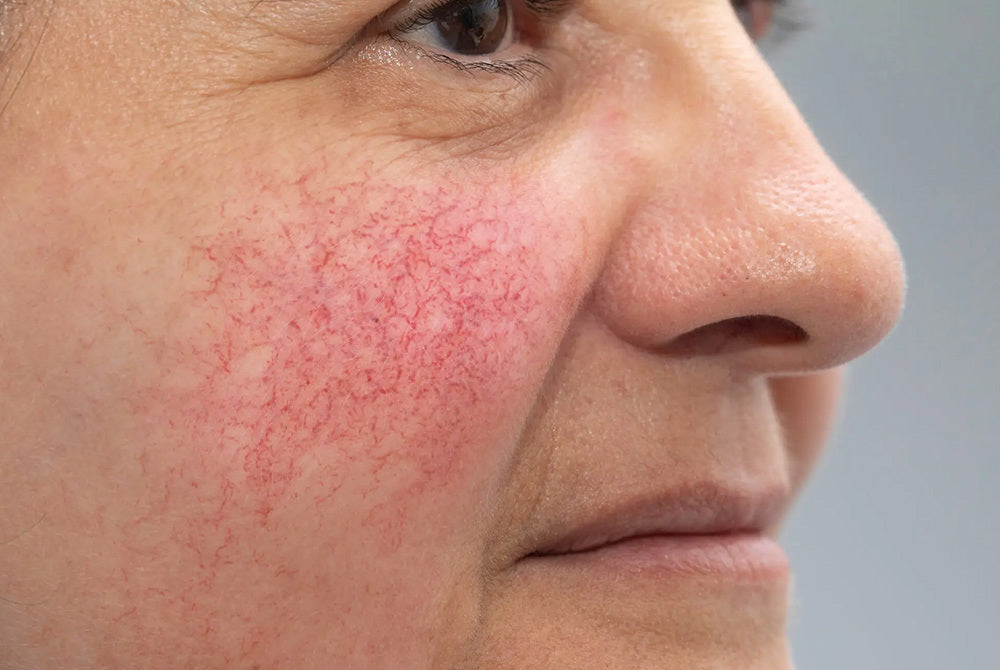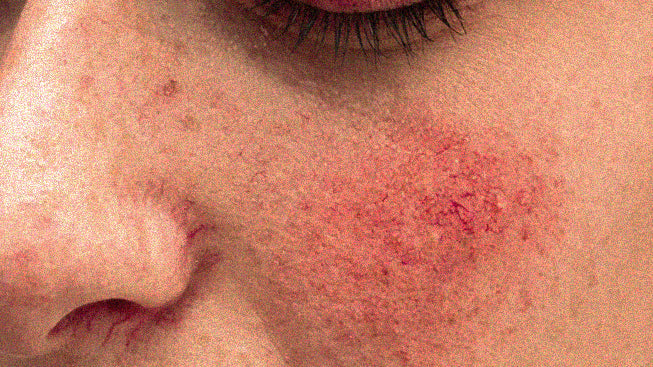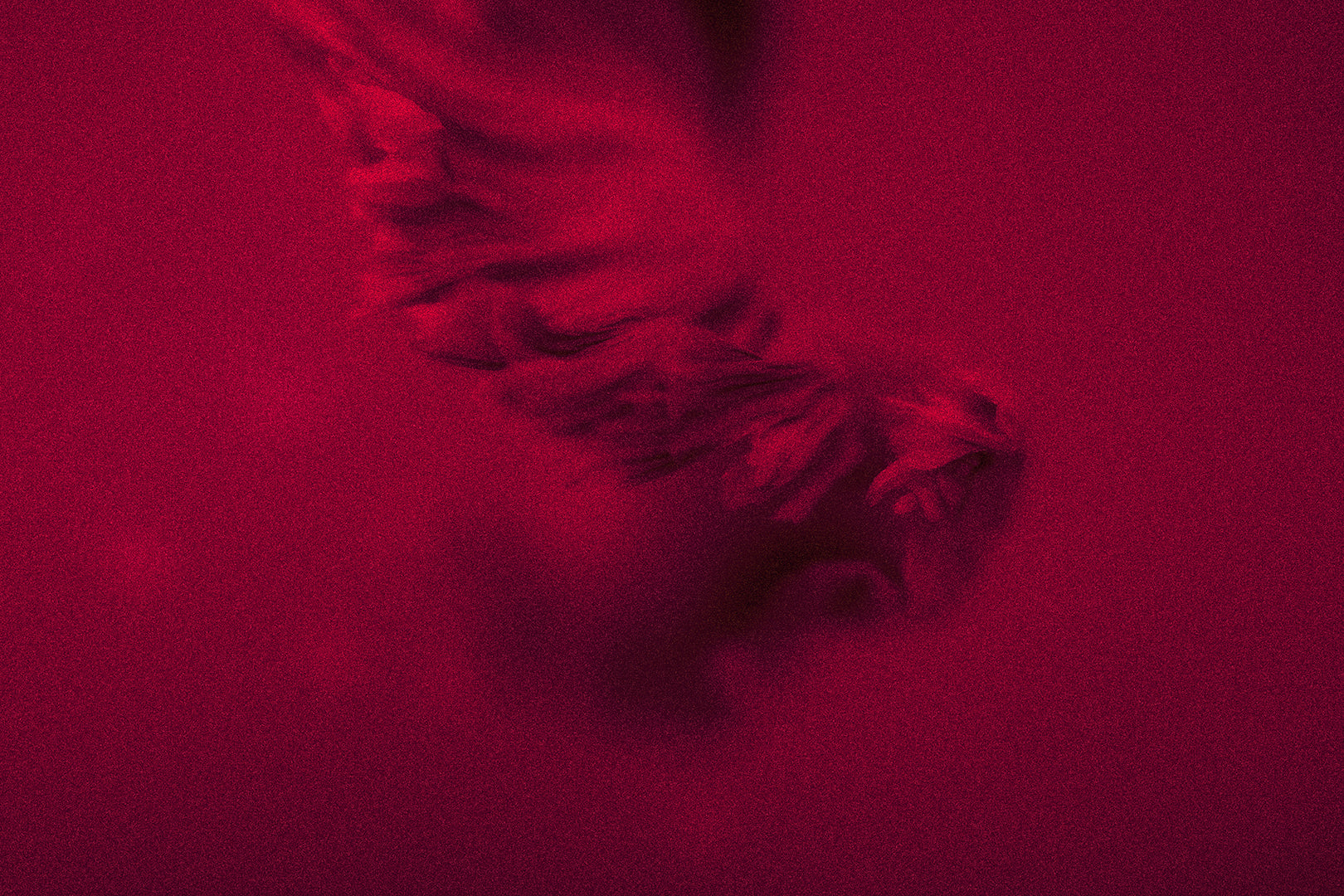I think the list of “don’ts” with rosacea might just be the biggest of any skin condition. It’s finicky. It likes things done just so. If it was a Sex and the City character it would definitely be Charlotte. As someone who has built up a library of don’t for my own redness-prone skin, I thought I’d round out this Rosacea Awareness Month with these caveats as they’re just as important as knowing what to use.
Does rosacea get worse with heat?
In a word - probably. Too much heat encourages vasodilatation, where the blood vessels near the surface of the skin become wider. In rosacea your skin already has a tendency to overdo this - so more heat makes it worse. I recommend minimising intense heat exposure by keeping showers tepid, and avoiding saunas, hot yoga and steaming.
How do you exfoliate if you have rosacea?
Don’t use physical exfoliation if you suffer from rosacea- even a flannel can be too much. I recommend nothing rougher than the pads of your fingers. Rely on chemical exfoliation rather than physical exfoliation - a gentle BHA works best. Better yet, stimulate the cell cycle with ingredients like azelaic acid which is also anti-inflammatory.
Are facials good for rosacea?
If you’ve just developed rosacea, you can easily fall into the trap of thinking beauty solutions might be the answer. Alas, it’s unlikely to be the case. Rosacea needs to be handled daily with what you use (and take care to avoid). Facials contain too many rogue elements - unlikely to be significantly impactful and too full of potential irritants to be worth the risk for so little upside.
Is it ok to borrow someone else’s skincare if I have rosacea?
Now of course sometimes this can’t be helped. I’m remembering an ill-fated flight when I accidentally checked by washbag. Disaster. But as a general rule, avoid taking recommendations or dipping into someone else’s bathroom shelf. Your skin knows what it likes.
Should I get medical advice for my rosacea?
I think that too many people struggle on with rosacea alone. Unlike with acne, there aren't many options in the OTC space. And sometimes you can’t escape the need for a prescription. I’ll say it again, we’re dealing with a medical problem, not a beauty one. A single appointment can teach you so much about handling your skin so don’t suffer in silence.
Is azelaic acid good for treating rosacea?
Yes! It’s brilliant for redness and rosacea-prone skin. It reduces the activity mediated by Toll-like receptors, which are essentially danger detectors that sense our environment for threats, helping activate our skin’s defenses. In redness-prone skin these sensors are turned up too high and Azelaic Acid helps bring them back under control.
How long does it take for azelaic acid to reduce redness?
Things should start to improve after a few weeks and continue to get better for up to a further 3-6 months. In practice, I find that azelaic acid is the one ingredient that can actually really help change the course of rosacea over time. Many people will find that their skin becomes more tolerant of other active ingredients, like retinoids, after a period of use.
Final thoughts
You need to get intimate with your skin when you have rosacea. Know thyself was never more true than in this situation. But I assure you, the habits you get into with rosacea will serve you long-term in terms of prevention of premature aging so there’s a positive outlook for your skin with this framework in place. I’m at the point now where aside from caution around red wine and the sun, I don’t think about it too much. You can get there too!

